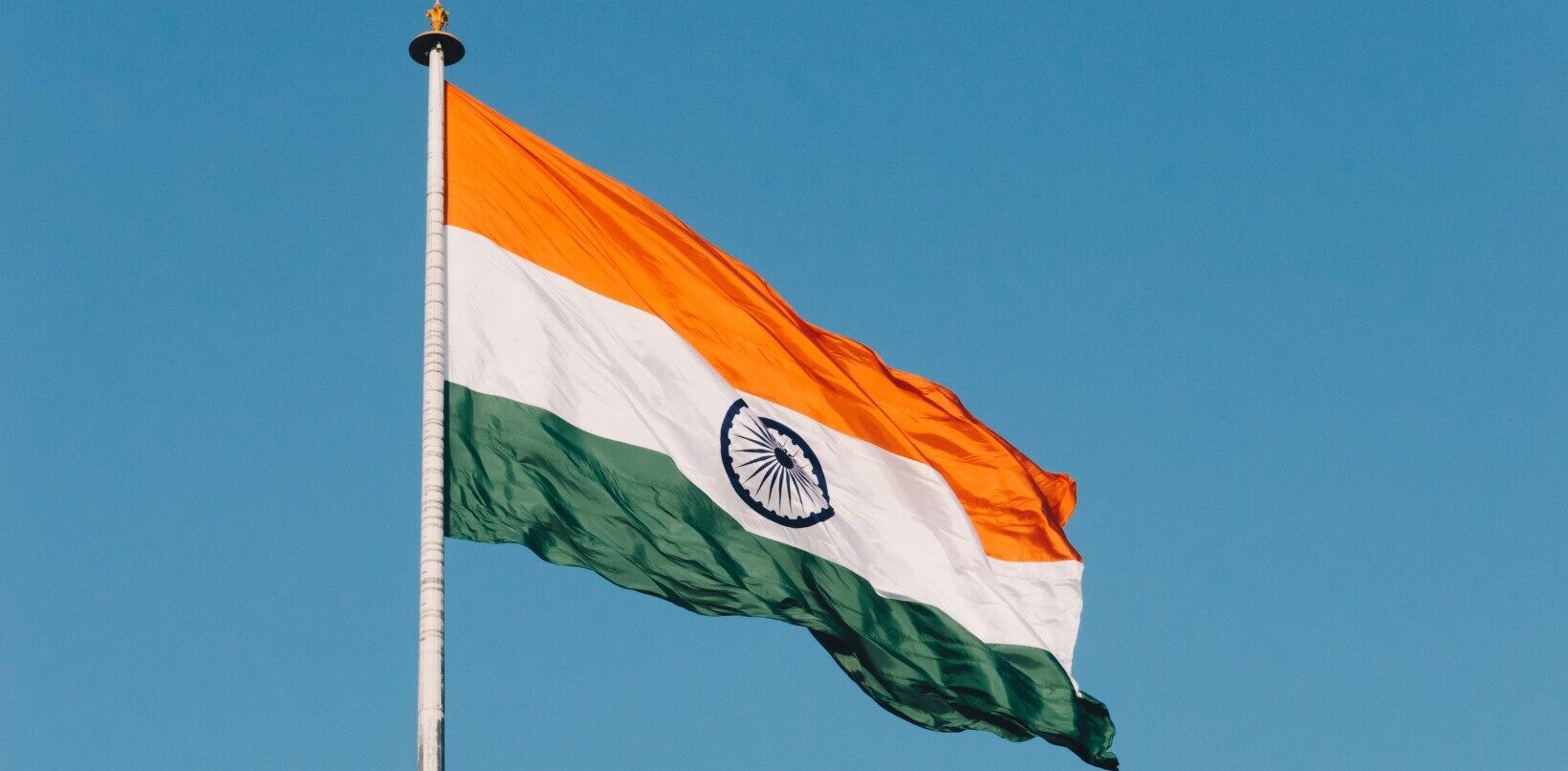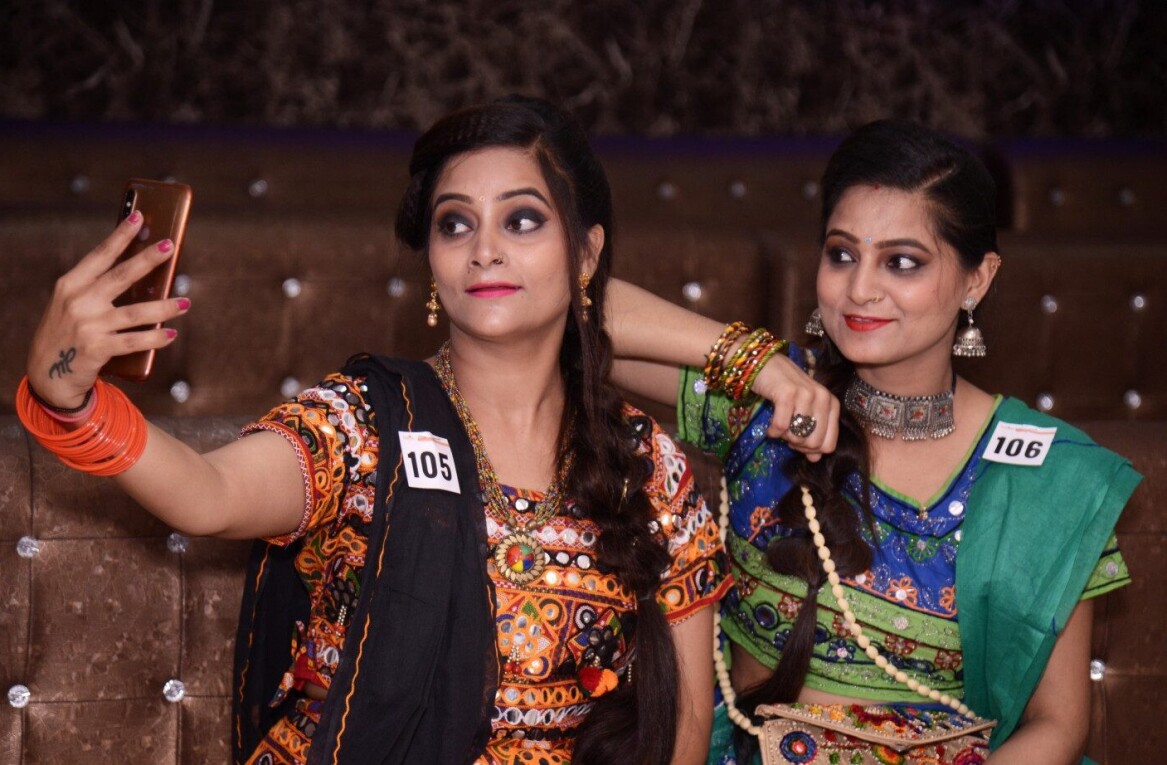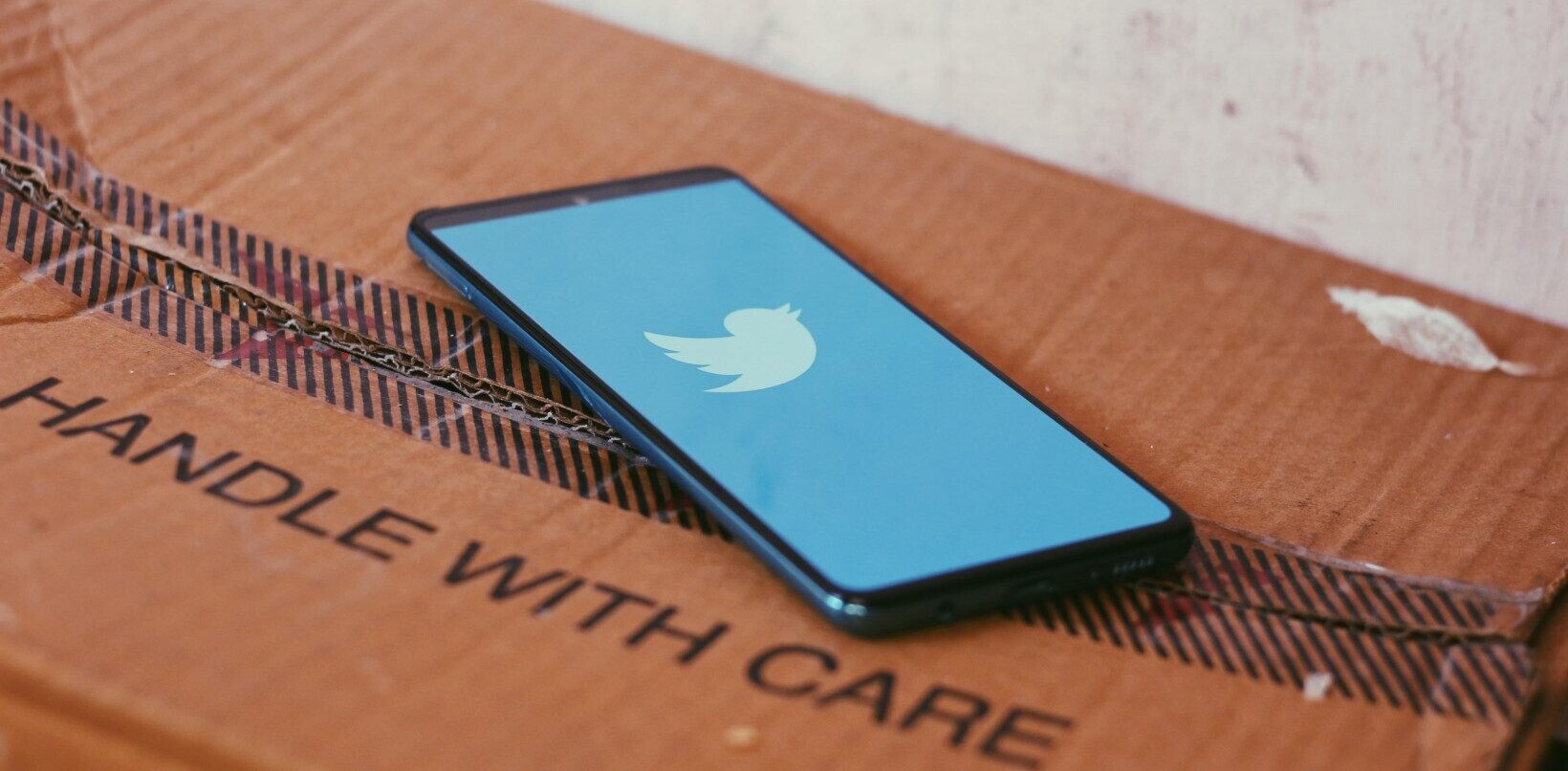
An Indian government panel has recommended that none of the 15 mediums of digital communication used in the country, including Gmail, BlackBerry, Nokia, and Skype, can be banned for posing security threats because they cannot be monitored by law enforcement agencies, The Economic Times reports.
The Cyber Law Panel, as the council is called, has proposed that if in the mean time, operators are not willing to share encryption keys with security agencies, they should at least locate servers in the country.
As for a long-term solution, they recommended that the upcoming Central Monitoring System (CMS) should be made capable of intercepting any form of communication service offered within the country.
Furthermore, they also endorsed the telecom ministry’s stance that involves enabling intelligence agencies to monitor and intercept these technologies.
Finally, the committee recommended that India raise its encryption levels from 40 bits to the US-standard 256 bits. The country currently legally disallows encryption beyond 40 bits so that its security agencies can monitor communications on the Internet.
It has said security agencies must first check whether monitoring solutions are available in other counties before threatening to ban any specific communication service because it may have implications on India’s highly lucrative BPO and IT outsourcing industry.
Get the TNW newsletter
Get the most important tech news in your inbox each week.




